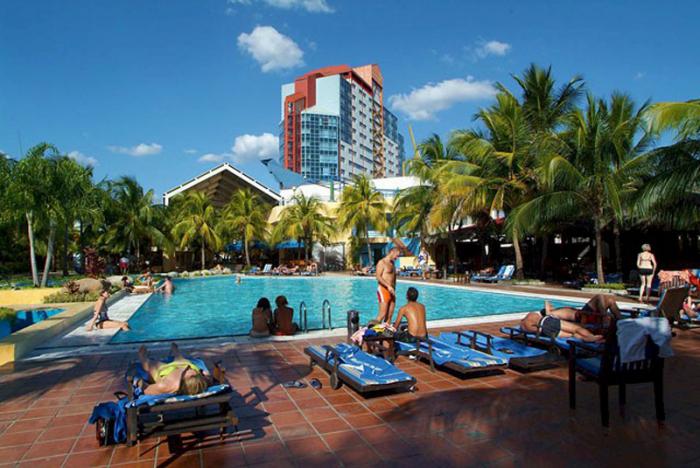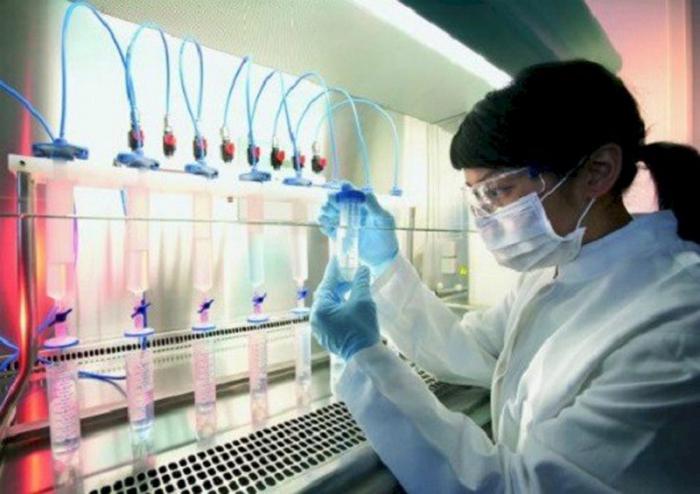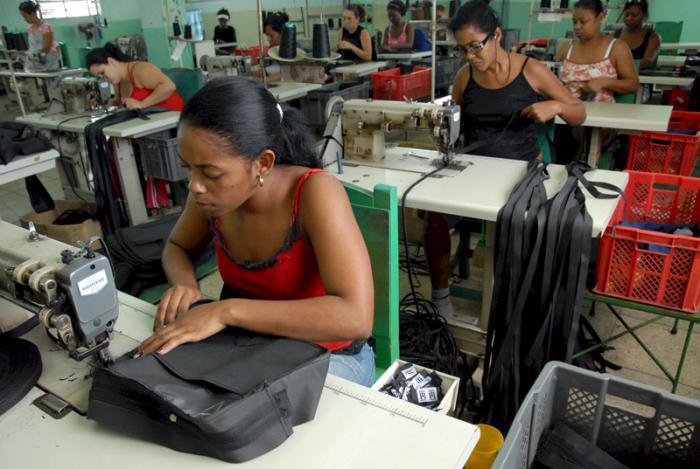


Fulfilling its social responsibility for development Livia Rodríguez Delis Cuba’s prosperity depends, in large part, on the ability of its industry to overcome management shortcomings, promote exports, and reduce costs, especially those related to imports – as indicated in Policy Guidelines approved by the 6th Party Congress in 2011. Cuba’s 2.5 billion dollar tourism industry is the country’s second largest according to Cubadebate. To do so, industries must transcend the usual, and move toward fulfilling their social responsibility, which means comprehensive action to improve productivity, generate earnings, attract foreign investment, produce quality products and provide excellent services, while at the same time being alert to the positive and negative impact of their operations on workers, society, communities and the environment. Not an easy task, given that Cuban industries in their majority are functioning with obsolete technology, scant resources, and limited access to materials and components, as a result of the blockade imposed by the United States government. Moreover, industry is being called upon to accelerate the pace of production without neglecting quality, while functioning alongside an increasing number of cooperatives, a mode of production gaining adherents across the island. The pharmaceutical and biotechnology industries save Cuba more than a billion dollars a year, by producing products which would otherwise be imported. In an effort to facilitate progress toward these goals, Cuban industry has been undergoing a reorganization over the last two years, and measures have been taken to incorporate new technology; increase products’ added value; integrate productive sequences; promote local development; and support cooperatives and the self-employed. Cuba’s first International Industry Conference and Exposition (Cubaindustria 2014) was recently held to attract foreign investment, and present details of the country’s newly approved foreign investment law, updated with the specific intention of promoting development in this sector. Among the significant outcomes of the event were greater prospects for Cuban industry in the region, implying increases in production and sales of useful goods and services for export, as well as increased earnings. One important project presented during Cubaindustria 2014 involved the construction of a dry-bulk terminal in the Mariel Special Development Zone, Cuba’s new port complex dedicated to promoting the export of goods and services and the substitution of imports with domestic products, which will provide employment, and contribute to establishing the country as a first-class international logistical platform. The manufacturing industry is being called upon to increase production and meet domestic demand. The high standards of Cuba’s biotechnology, pharmaceutical and tourism industries have led to international recognition for these sectors, which offer excellent opportunities for investors and companies interested in establishing sales agreements. Other priority industries seeking investors to support development include recycling, manufacturing of replacement parts, packaging, tire recapping, and industrial maintenance/modernization. Utilizing available resources efficiently is a necessity, thus the importance being placed on planning, which has been reaffirmed as essential to the development of prosperous, sustainable socialism in Cuba. Correct planning reduces uncertainty and minimizes risks, by carefully analyzing the current situation, forecasting future events, proposing goals, and developing strategies. Many obstacles have been removed. Cuban industry is being supported by government policies which give companies more autonomy, intended to promote greater efficiency, to move along the path toward development, taking full advantage of the country’s potential.















